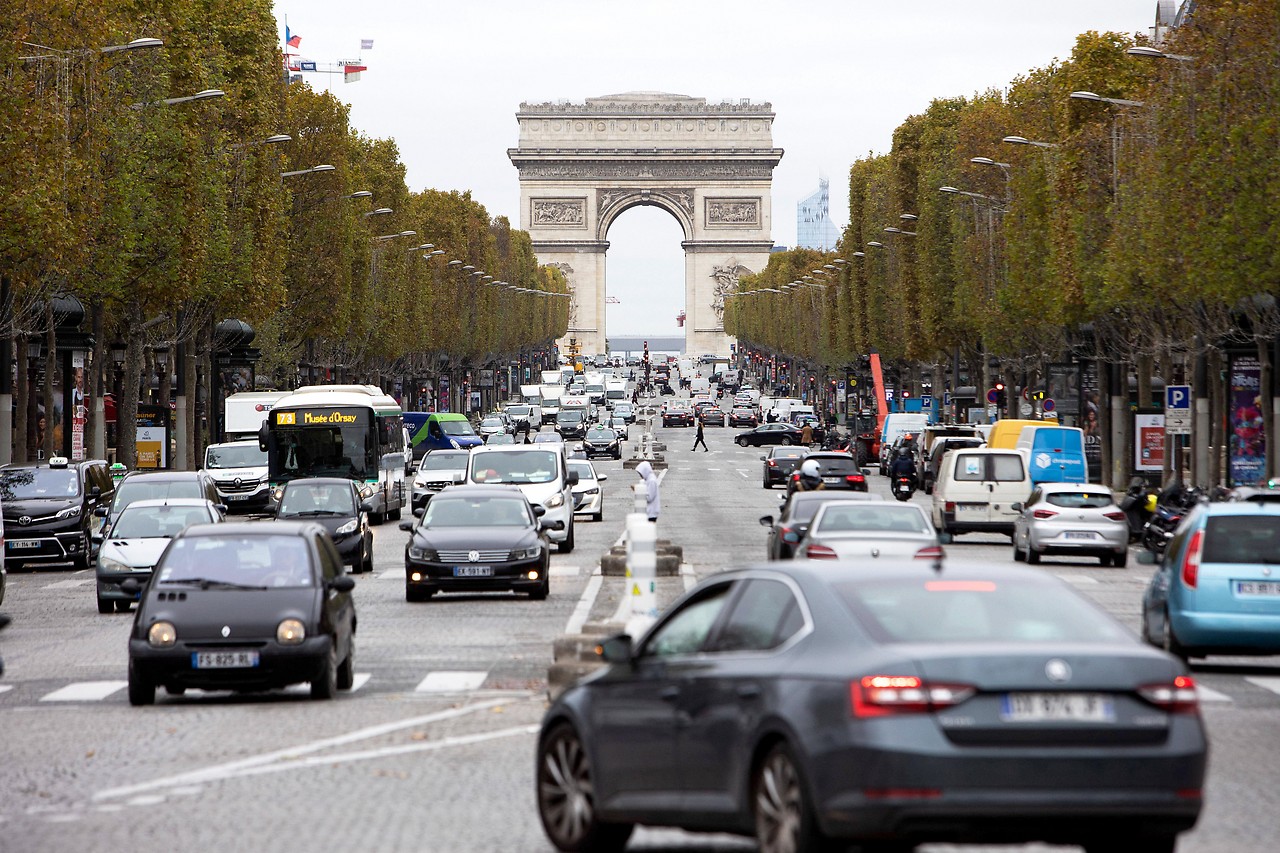
About 1.3 million people living in the capital “more or less SUV in Paris?” were invited to vote under the slogan According to the provisional final results, less than six percent of them participated in the voting. 54.5 percent voted in favor of raising parking fees and 45.5 percent against.
The city argues that the special toll is meant to reduce the nuisance caused by SUVs. At the same time, it is sending a message to the automobile industry that big cars threaten environmental change.
Fee for visitors only
However, the city administration said when polling day was announced in December that only visitors would have to pay the special fare for SUVs. Residents of the capital are to be excluded, as are traders and nursing services.
The charge applies to combustion engine and hybrid models weighing 1.6 tonnes or more and electric models weighing two tonnes or more. SUVs must be 200 kg heavier, at least 25 centimeters long and 10 centimeters wide, according to the city's website on the referendum.

Environmental protection, safety and public space
Private car use in Paris has been declining for ten years due to the city's transport policy, the city administration continued. At the same time, the size and weight of cars have increased on average due to the growing proportion of SUVs. According to the city's argument, these caused problems of environmental pollution and safety and fair distribution of public space.
The city also sees the vote as a message for car manufacturers. “Their profiteering, which consists of deliberately selling ever larger, more fuel-efficient and expensive vehicles, puts environmental change at risk,” it continued. By voting, people can pacify public space and support a new social model.
Scooters are banned
The rental of e-scooters was already voted in April in Paris. With a very low turnout, most voted to ban rental scooters, which have disappeared from the city scene since September.

Mayor Anne Hidalgo and the red-green city government have been pushing forward on transit change in Paris for years. The streets along the Seine were closed to cars and accessible to pedestrians. The number of cycle lanes is increasing, new green spaces are being created and 30 km/h speed limits have been introduced almost everywhere in the city.
When it comes to high parking charges, for example city centers and large cars, London is considered a pioneer. The British capital introduced a city center charge called the “congestion charge” in 2003. Drivers must pay it when entering central London.
IEA boss calls for action against SUVs
SUVs and other large cars are also currently of concern to the International Energy Agency (IEA). Earlier in the week, its boss Fatih Birol called for government intervention against the growing popularity of SUVs. “It is very important to solve the problems they present in terms of additional energy requirements, use of public space and additional risk to pedestrians,” Birol told Les Echos newspaper in Paris last week.

Given the trend towards heavy vehicles, states should advise customers not to buy SUVs and take regulatory action. It could be higher taxation or higher parking fees. “If you look at the transportation sector in general, you see two strong trends: the increasing importance of electric vehicles, but also the increasingly important place occupied by SUVs,” said Birol.
Around 20 percent higher CO2 emissions than limousines
According to IEA data, SUVs will account for nearly half of global new car sales by 2023, accounting for 48 percent. In Europe they exceed 50 percent. Due to their heavier weight and less aerodynamic shape, SUVs emit an average of 20 percent more CO2 than sedans. The Paris-based IEA is an interest group that advises industrialized countries on energy issues.